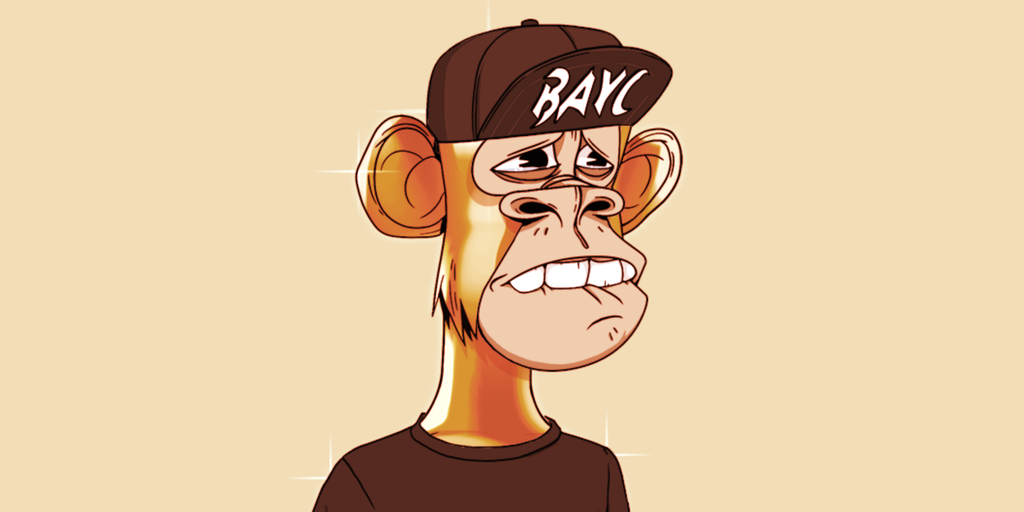Search
A federal judge ruled Monday that Wylie Aronow and Greg Solano, co-founders of Yuga Labs—the $4 billion firm behind dominant NFT collection Bored Ape Yacht Club (BAYC)—must face deposition in the company’s ongoing trademark infringement lawsuit against Ryder Ripps, the conceptual artist and internet provocateur.
The ruling marks the latest escalation in a protracted and lurid saga involving one of crypto’s key players. In early 2022, Ripps began circulating allegations that Bored Ape Yacht Club NFTs contained latent, but intentional, racist and pro-Nazi imagery. Ripps then in May—in what he claimed to be a politically charged statement of artistic expression—sold a copycat collection of 10,000 Bored Ape NFTs.
Ripps said the collection highlighted Yuga’s Nazi ties, as well as legal questions related to the reproducibility of NFTs. Yuga said it amounted to trademark infringement, and sued the artist in federal court.
In the months since, Yuga—perhaps the most dominant brand in the emergent, multibillion dollar NFT industry—has attempted, and at times struggled, to walk a tightrope between silencing a vocal critic making incendiary claims and unintentionally handing him additional ammunition.
Yuga appears to be doing its best to minimize the artist’s ability to leverage the lawsuit to his benefit. The company sued Ripps exclusively for trademark infringement, not for copyright infringement or defamation—a very specific legal strategy that may have been tailored to prevent Ripps from turning the case into a referendum on the duplicability of NFTs or a showcase for his inflammatory allegations.
But recent developments in the case may have set it on a path towards more sensationalism, not less.
Yuga attempted to prevent Ripps’ counsel from deposing Aronow and Solano, arguing in a January 5 filing that both Yuga co-founders were “apex witnesses”—high-level corporate employees sometimes found exempt from deposition if other lower-level employees can testify to the same information.
The case’s judge on Monday, however, labeled such arguments to be “deficient on the merits,” finding that only Yuga’s co-founders could speak to the origins of the Bored Ape mark.
The judge further admonished Yuga for a “lack of diligence,” citing the company’s failure to respond to several requests by Ripps’ counsel to discuss deposition scheduling and ordered Yuga’s co-founders to submit to deposition at the earliest possible date.
Yuga declined Decrypt’s request to comment on the matter; a source close to the matter confirmed, though, that the company intends to cooperate with the deposition process following Monday’s ruling.
Ripps, for his part, told Decrypt that he looks forward to the opportunity to question Yuga’s top leadership under oath.
“The fact that they, who brought the lawsuit against me, cannot account for their own actions and have dodged producing anything throughout the discovery process should speak volumes,” he said.
Alfred Steiner, one of Ripps’ attorneys, said he understood why Yuga has been so hesitant to put its leadership in a deposition room.
“Nobody wants to be deposed,” Steiner told Decrypt. “They don’t want to answer the difficult, uncomfortable questions that the defendants’ critique requires.”
That critique, as laid out in a December filing on behalf of Ripps and his co-defendant Jeremy Cahen, delves deep into the earliest days of Yuga’s formation, claiming that the company’s foundation—its logos, its imagery, even its name—were all built atop an intricate web of ironic, alt-right, neo-Nazi and racist allusions.
Yuga has vigorously denied such claims; Aronow has previously referred to Ripps as a “demented troll” peddling “ridiculous conspiracy theories.”
But Ripps and his team will now have the opportunity to press Aronow and others on that theory, in detail, under penalty of perjury. Whether or not that effort bears fruit for Ripps’ legal defense, it constitutes an opportunity that the internet provocateur would likely never have been otherwise afforded.

